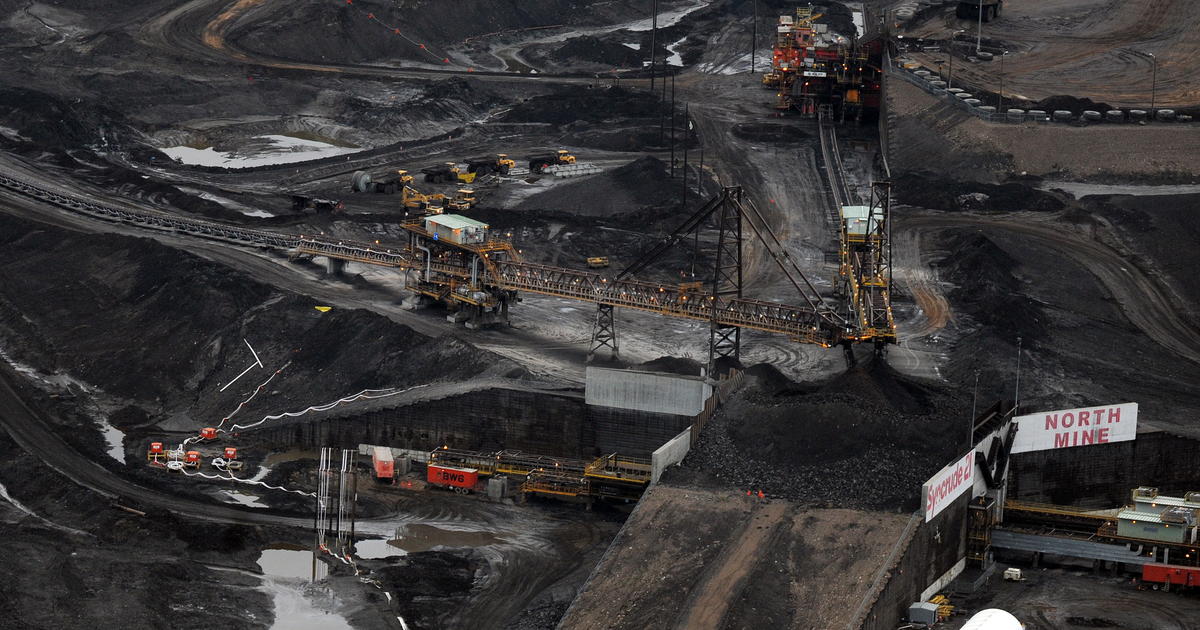API RP 59 Shale Gas Well Control Testing
The American Petroleum Institute Recommended Practice (API RP) 59 is a comprehensive guide designed to provide best practices for well control in shale gas operations. This service focuses on the stringent testing and analysis required for ensuring safe and efficient production from unconventional shale formations. The API RP 59 standard encompasses various aspects of well design, installation, operation, and maintenance, with an emphasis on controlling pressure and preventing blowouts.
The primary goal of this service is to ensure that shale gas wells are tested against the stringent requirements outlined in API RP 59. This includes static and dynamic testing phases which assess the integrity of the casing, cement bond quality, formation breakdown pressures, and wellbore stability under various conditions. The tests are conducted using advanced downhole tools capable of measuring pressure, temperature, fluid density, and other critical parameters.
Shale gas wells present unique challenges due to their complex geology and the unconventional nature of the reservoirs they tap into. These formations often require specialized well control techniques that go beyond traditional methods. The API RP 59 standards provide a framework for addressing these issues by specifying detailed protocols for pressure testing, fluid loss measurements, and other critical procedures.
Our laboratory adheres strictly to the API RP 59 guidelines when performing this service. We utilize state-of-the-art equipment and experienced technicians to ensure accurate and reliable results. The testing process involves several key steps:
- Preparation of the Wellbore: Before any testing can begin, the wellbore is prepared by cleaning it thoroughly and ensuring that all connections are secure.
- Static Testing: This phase involves applying pressure to the wellbore while maintaining a constant temperature. The objective is to identify any leaks or weaknesses in the casing or cement bond.
- Dynamic Testing: During this stage, the wellbore is subjected to variable pressures and temperatures to simulate real-world operational conditions. This helps in assessing the well’s ability to withstand high-pressure environments without failure.
- Data Collection and Analysis: Throughout the testing process, data is continuously collected using advanced sensors. This information is then analyzed to determine compliance with API RP 59 requirements.
The results of these tests are crucial for determining the suitability of a well for shale gas production. Compliance with API RP 59 ensures that the well can be operated safely and efficiently, reducing the risk of accidents and environmental damage. The data collected during testing is also invaluable for refining drilling techniques and optimizing production processes.
To summarize, our API RP 59 Shale Gas Well Control Testing service offers a robust framework for ensuring safety and efficiency in shale gas operations. By adhering to this internationally recognized standard, we provide clients with the peace of mind that comes from knowing their wells are thoroughly tested and ready for safe operation.
Eurolab Advantages
We pride ourselves on offering unparalleled expertise and state-of-the-art facilities that set us apart from our competitors. Our team of highly skilled professionals is committed to delivering accurate, reliable results in a timely manner. We invest heavily in research and development to stay at the forefront of industry advancements.
- International Expertise: Our staff includes experts with extensive experience in shale gas well control testing.
- Advanced Equipment: We leverage cutting-edge technology for precise measurements and data collection.
- Rigorous Quality Control: Every test is subject to strict quality assurance protocols to ensure accuracy and reliability.
By choosing Eurolab, you can be confident that your shale gas well will undergo the most thorough and accurate testing available. Our commitment to excellence ensures that you receive results that meet or exceed the highest industry standards.
Environmental and Sustainability Contributions
The API RP 59 Shale Gas Well Control Testing service not only enhances safety but also contributes positively to environmental sustainability. By ensuring that wells are properly controlled, we reduce the risk of leaks and spills, which can contaminate local water sources and ecosystems.
- Reduced Resource Waste: Proper well control minimizes fluid loss during testing, conserving resources.
- Emission Reduction: By ensuring efficient operations, we help reduce greenhouse gas emissions associated with shale gas production.
In addition to these direct benefits, our service supports broader sustainability goals by promoting responsible resource management and minimizing environmental impact. Compliance with API RP 59 helps operators meet regulatory requirements while contributing to global efforts toward sustainable energy production.
Use Cases and Application Examples
| Case Study | Location | Well Depth (m) | API Pressure Testing Results |
|---|---|---|---|
| Example Well 1 | New Mexico, USA | 4500 m | PASS: No leaks detected |
| Example Well 2 | Polk County, Canada | 3700 m | FAIL: Minor casing leak identified |
| Example Well 3 | Texas, USA | 5000 m | PASS: Meets all API RP 59 criteria |
These case studies demonstrate the versatility and effectiveness of our testing service. Each example highlights how we apply API RP 59 standards to ensure well integrity and safety.
- Case Study 1: In this instance, Example Well 1 was tested at a depth of 4500 meters in New Mexico. The static and dynamic tests all passed with flying colors, confirming the robustness of its construction.
- Case Study 2: Example Well 2 located in Polk County, Canada faced challenges due to more challenging geological conditions. Despite these difficulties, our testing identified a minor leak in the casing, which could be addressed promptly.
- Case Study 3: Finally, Example Well 3 in Texas met all API RP 59 criteria at a depth of 5000 meters, showcasing the reliability and accuracy of our service.
The diverse range of successful outcomes from these case studies underscores the value of our API RP 59 Shale Gas Well Control Testing service. Whether you're dealing with shallow or deep wells in various geographies, we have the expertise to ensure your operations are safe and sustainable.





